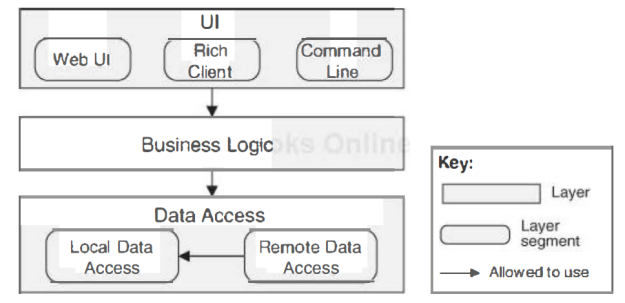
The long-term development of a career and set of skills is something not often focused on when discussing professional fields, rather the immediate benefits of that career (money, prestige, the conceptual notions of ‘success’) are more often discussed than not. While succeeding and generating an income are both important aspects of a career, the process of acquiring new skills and knowledge over the span of that career is just as important, if not moreso.
In chapter 3 of Apprenticeship Patterns, (link: https://learning.oreilly.com/library/view/Apprenticeship+Patterns/9780596806842/ch03.html#the_long_road), Walking the Long Road discusses the idea of focusing on the journey (learning) rather than the destination (money/success). While the authors acknowledge that these things can often come together with the acquisition of knowledge, the main idea is that learning itself should be (or should become) a rewarding process over the course of a career in software development/programming. Rather than focusing on the “goal” when trying to improve, the goal rather should be trying to improve indefinitely.
This idea of constantly learning and focusing on the process of improvement rather than a high-paying position is appealing to me, as it focuses more on the creative and constructive possibilities of programming rather than on simply turning a skill into profit outright. While income is a necessity and a benefit overall, oftentimes many of the best paying jobs seem to be “manager” type positions where you might spend more time delegating tasks to others than working on those things yourself. The benefit of having higher income is unfortunately offset by the downside of being unable to accumulate practical experience in the process.
I would estimate then that the best positions relative to constant improvement would be ones where creative solutions are possible, or maybe even encouraged. Open-ended problems often seem to involve improvisation or learning new skills by necessity, and in many cases software development does seem to involve this kind of thinking. I would imagine that active development jobs are best when operating with these goals of self-development, since they so often involve open-ended problems which require learning new concepts.
While I do think that focusing on knowledge for the sake of it is a good way to approach things in relation to career development, finding a balance of learning and exercising known or learned skills is important as well. This pattern focuses on the long-term journey, but I think the shorter term “refinement” of maybe more familiar ideas is similarly important. A healthy balance between these two areas is likely best in practice.
Text Referenced: https://learning.oreilly.com/library/view/Apprenticeship+Patterns/9780596806842/ch03.html#the_long_road Apprenticeship Patterns: Guidance for the Aspiring Software Craftsman
From the blog CS@Worcester – CodeRoad by toomeymatt1515 and used with permission of the author. All other rights reserved by the author.










